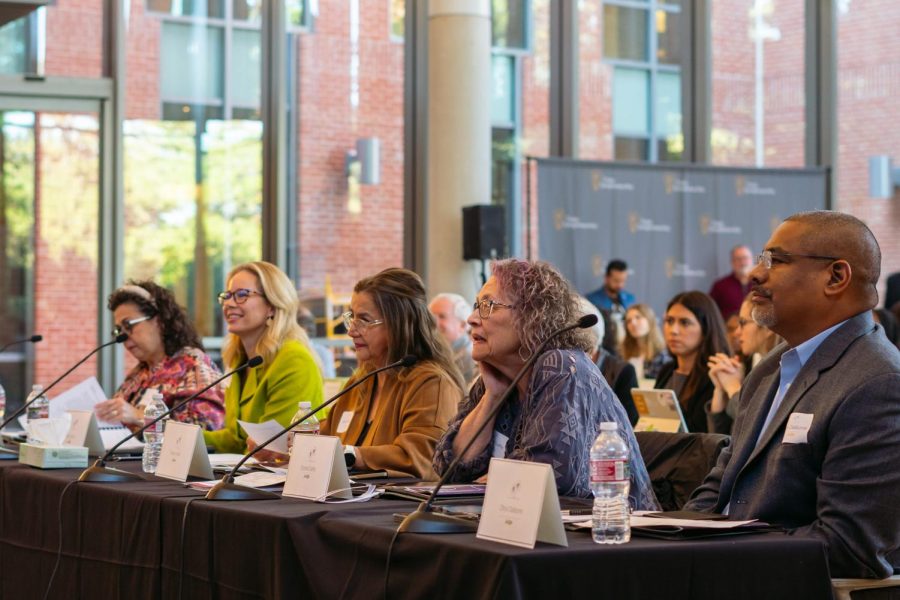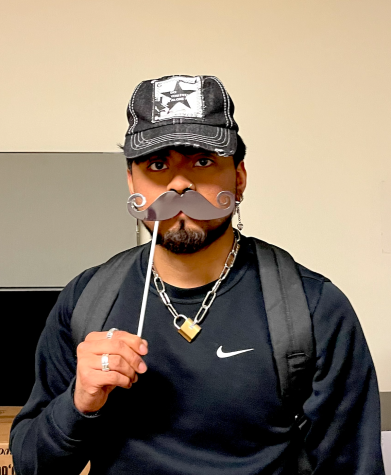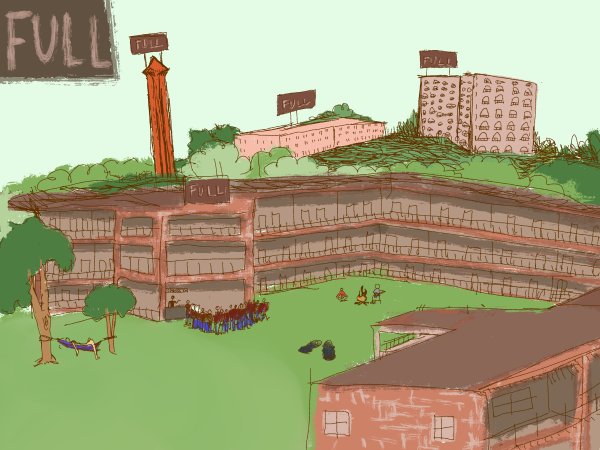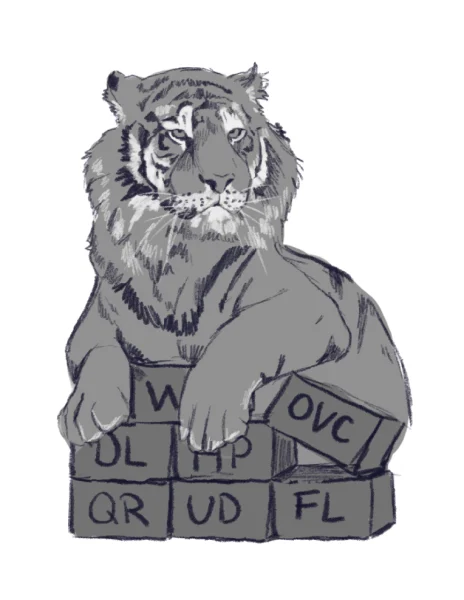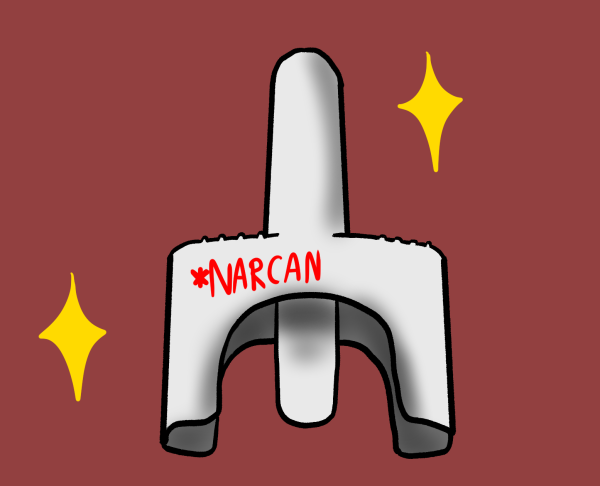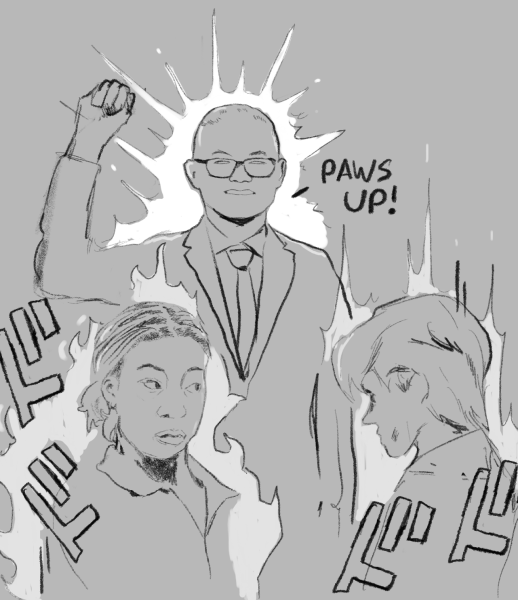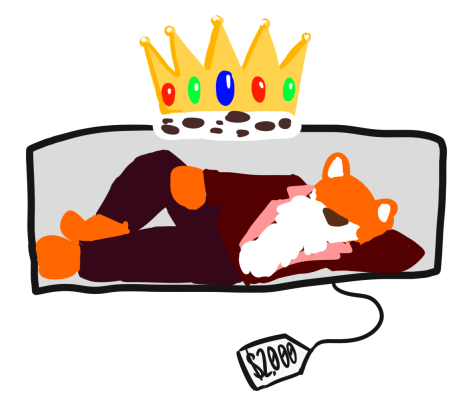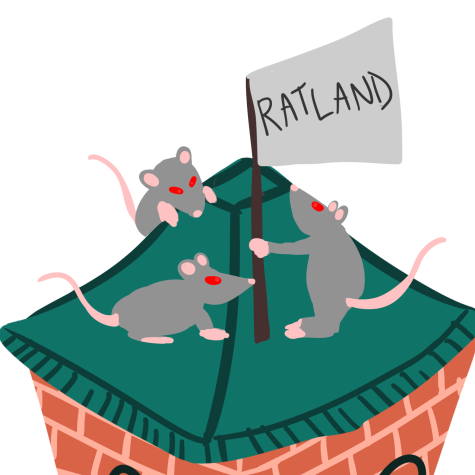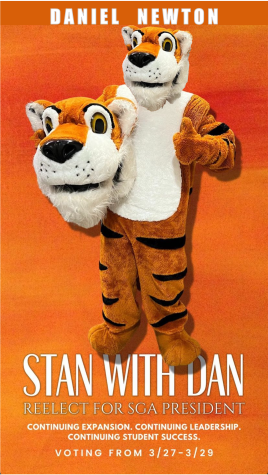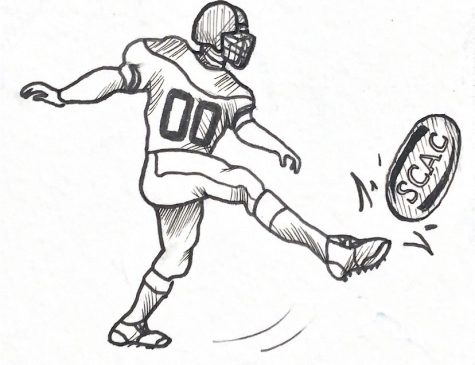Stumberg competition results in two winners for the first time ever: Range Rehab and ReCap
Annual entrepreneurship competition highlights six innovative student companies
Six teams. Six companies. One summer accelerator program. One grand prize of $25,000. Or so was the plan for the eighth annual Louis H. Stumberg Venture Competition final round on Oct. 19. However, after the presentations of six student-founded-and-operated companies — FARO, Pacific Debate Institute (PDI), Range Rehab, ReCap, Skelton Musical and Wherezy — the judges decided to spread the wealth to more than just one team.
“The judges had a really hard decision, so they did something that doesn’t always happen. Today, we will be honoring a runner-up and two winners,” Luis Martinez, director of the center for innovation and entrepreneurship, announced at the end of the judges’ deliberation period.
The winners ReCap and Range Rehab each received $15,000 and the runner-up, Skelton Musical, will receive $5,000. Skelton Musical was voted fan-favorite by those in attendance.
ReCap was co-founded by Trinity juniors Max Hightower, Alex Garcia, Ashwin Ramesh and Joey Hersh. ReCap is an app that helps users reach their savings goal by breaking it into manageable steps with the aid of receipt capture data. Ramesh, a computer science major, reflected on what the win meant to him and the company.
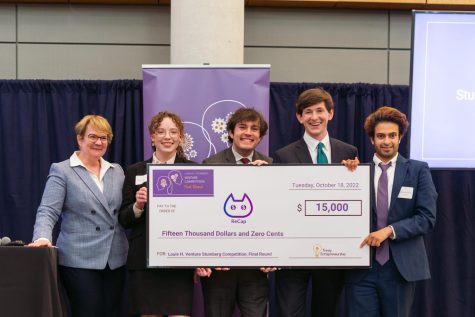
“I think the validation is the most important thing. [The fact that the judges] trust the idea so much and have enough faith in us to execute it that they’re going to give [us] this much money. And I think that validation alone is going to carry me throughout my entire life,” Ramesh said.
The other winner Range Rehab was co-founded by 2022 graduate Neha Kapur, seniors Andrew Koob and AJ Bishop alongside sophomore Marriana Sayen. Range Rehab currently sells the range regenerator, a shoulder rehabilitation device invented by San Antonio physical therapist Abraham Valdez, who reached out to Trinity University for help to commercialize the product.
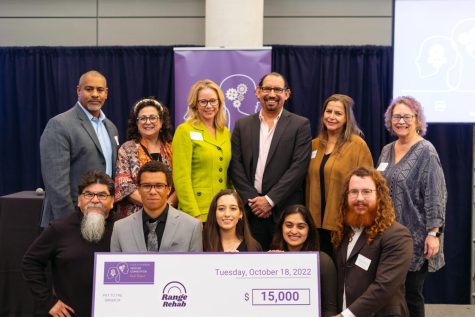
“[The Range Regenerator] is a shoulder rehabilitation device focused on internal and external rotation for patients. … It takes patients from point zero of injury or surgery to the end of the rehab and beyond that to support their continued recovery,” Bishop said. “This was a great experience. [It’s] the most I’ve learned ever. The past eight months have been like drinking water out of a fire hose.”
The runner-up and fan-favorite company, Skelton Musical, was co-founded by Trinity seniors Lucas Riley, Paul Kim, Gabriel Ogden and Alfonso Kamel. Their product is a wearable metronome that can sync with audible beats and other products that musicians, fly fishers and even first responders can use to keep time.
“We’re just so thankful for the competition and we still got something out of it. [It was a] good experience and totally worth it,” Riley said. “Thank you to the Stumberg Family [for the] incredible opportunities.”
Every team emphasized the impactful opportunity to work with the guidance of mentors in the entrepreneurship program and with Geekdom, a San Antonio startup facilitator, and Blue Sky Partners, an Austin business consulting firm, over the summer accelerator prize. Although not every team took home a prize, these students and companies plan to continue to grow and improve with the knowledge they have gained in the process.
Sophomores Ellie Curran and Clara Smartt co-founded Wherezy, a location-tracking bracelet designed to be fashionable for children and give parents a sense of security. Curran said that the Stumberg Competition is just the beginning for the business.
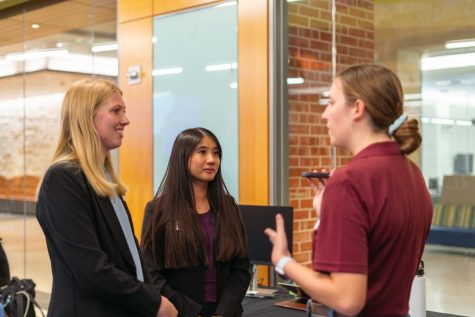
“Your first idea is never gonna be the ultimate, groundbreaking idea of a business. There’s going to be either tons of pivoting, tons of failures in between until success actually happens,” Curran said. “But … if you’re really passionate about the problem you’re trying to solve, then you’re probably going to find a way to figure out the solution.”
Another team is Pacific Debate Institute, founded by sophomore Nelson Rose, which offers coaching and camp programs for international high school students to build their college resumes with debate experience and skills.
“We’re going to continue with our current plan where we’re going to do a bunch of test trial runs in November, and then scale up from there,” Rose said.
The last team is FARO, founded by senior Shelby Atherton and ‘22 graduate Rachel Poovathoor. They offer a project and collaboration-based curriculum for elementary students that focuses on sustainability and global thinking.
“We’re going to continue on planning fundraisers and everything. Since FARO is part of the Center for International Engagement at Trinity, it’s institutionalized, basically. So we just need to get more underclassmen to take part in the project,” Atherton said.
In regards to all of the teams, Wren Ramos ‘22 echoed their accolades as a two-time Stumberg finalist who helped this year’s teams practice pitches.
“Stumberg isn’t always about just the winners, right? It’s about celebrating accomplishment and achievement and this is just the first of many, probably for all of these companies whether they won money here tonight or not. And they should all be very, very proud,” Ramos said.
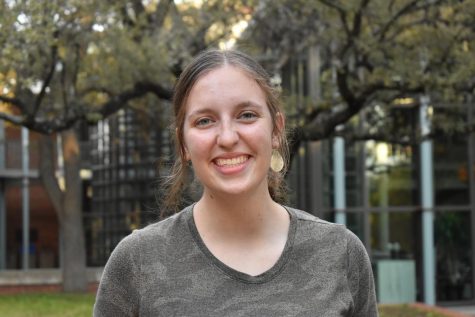
Hello, y'all! I'm Abby Power, and I am a sophomore news reporter from Kyle, Texas. I intend to major in Political Science, Spanish, and Global Latinx Studies....
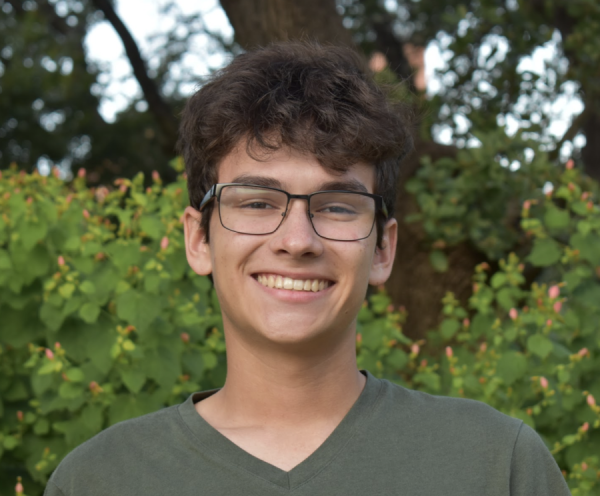
My name is Sam (he/him) and I'm a photographer here with the Trinitonian. I'm a senior Communications and German double major from Austin, Texas, and...

